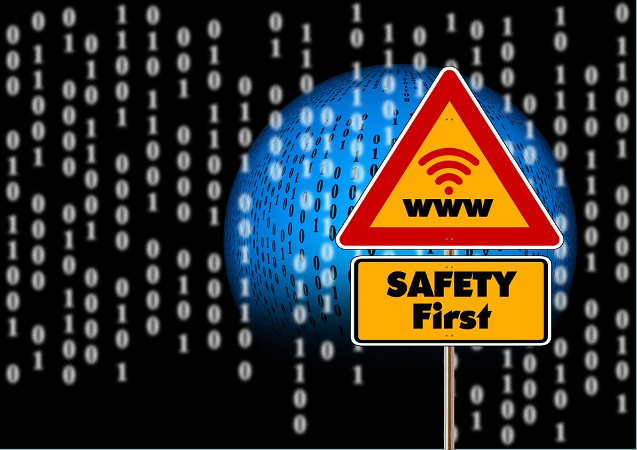How safe is my computer, or yours?
Over 200,000 computers in 150 countries were affected in a mass cyber attack in the last week. In the UK over 40 National Health Service Trusts were targeted. The results were wide ranging, but a lot of critical operations were canceled and in one case the attack happened as surgeons were performing open heart surgery and needed to use the system during the procedure.
Computer viruses have been around as long as computer have been connected to the internet. These attacks seem to have been on networked systems and it is all too easy to dismiss them as of no concern to your own home computer. That would be a mistake as without some simple precautions and common sense everyone is at risk. Imagine if you were to lose everything that is on your computer in the next 5 minutes.
Back up your important files regularly. To a cloud or onto an external hard drive, back up weekly and if the worse happens the recovery is easier.
The most commonly used passwords are staggeringly hopeless: ‘password’; ‘123456’ and ‘qwerty’ all feature in the top 10. I know that passwords are a pain, especially when you have a lot of them and constantly have to change them. I usually choose a common word and change some of the letters to numbers or symbols like, ‘system’ becomes ‘5y$t3m’. Still not great, and I would use a much longer word, but better than those commonly used.
Use anti virus software, there are lots of them out there so there is no excuse for not doing so.
Never click on links in e-mails that you don’t trust or know the sender of. Viruses can be hidden in links, documents and pictures so nothing is above suspicion.
Trust no-one. If you get an e-mail from your bank asking you to do anything, delete it. I guarantee it isn’t from your bank and if you input your user details your bank account will be hijacked.
I used to get a lot of calls from charming ladies in the sub continent saying they were from Microsoft, concerned about my computer security as they believed that I had been hacked. They wanted me to allow remote access to my computer to be able to fix it. I knew they were lying. How? Microsoft don’t care enough to ring each user expressing their concern and, I knew that my ‘Microsoft’ system wasn’t affected because I use openSUSE Linux.
A 500 word blog isn’t enough to cover this subject but remember: have decent passwords; use anti virus; click on nothing in e-mails unless you are confident where they came from and trust no-one who is trying to get any sort of access or information from you.
It is a start. There is a lot of information out there to protect yourself so do some research and be safe.



